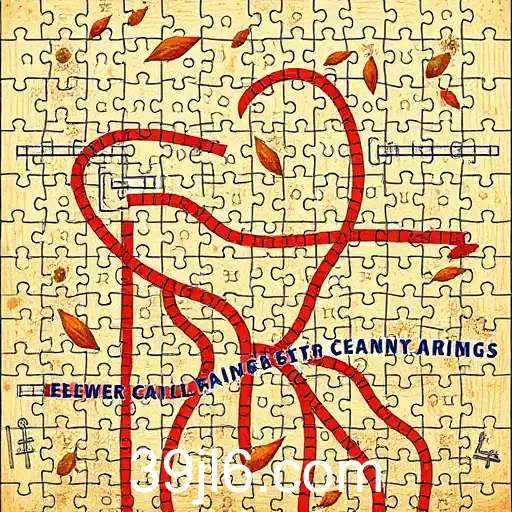In the digital age, where games dominate much of our leisure time, 'Puzzle Solving' remains a beloved category that challenges the intellect and invigorates the senses. Defined by its keyword '39jl', this genre of gaming transcends the triviality of mere entertainment by serving as a tool for cognitive enhancement and mental agility.
Puzzle solving games come in a variety of forms, from traditional jigsaw puzzles to intricate logic grids and mind-bending riddles that require lateral thinking. These games not only entertain but also serve educational purposes, making them a versatile tool for both personal enjoyment and cognitive training.
Since their inception, puzzle games have evolved dramatically, especially with the rise of digital platforms. Websites that host these games often categorize them under innovative keywords such as '39jl', to organize content and provide users easy access to their preferred games.
The attraction of puzzling lies in its dual capacity to entertain while expounding on the boundaries of human intellect. Studies have consistently shown that regular engagement with puzzles can improve memory, enhance problem-solving skills, and even increase IQ. As users navigate through the labyrinth of clues and problems, they activate numerous cognitive processes, including reasoning, memory, and critical thinking.
Moreover, puzzle games have become increasingly social. Multi-player puzzle platforms and online forums have emerged, allowing enthusiasts to collaborate, compete, and communicate. This communal aspect reinforces the idea that puzzles are not just solitary pursuits but can foster communal bonds.
From an academic standpoint, educators increasingly incorporate puzzle solving into curricula to promote analytical thinking and adaptive learning among students. Puzzles can be a powerful learning tool that encourages inquiry-based learning and engagement, making education more interactive and dynamic.
As the digital landscape continues to grow, so does the world of puzzle solving. New technologies like augmented reality and AI-driven hints are making puzzles more accessible and exciting, providing endless possibilities for the avid puzzle solver.
In conclusion, puzzle solving is far more than a pastime. As one embarks on this journey – whether through an online platform marked by '39jl' or through a traditional setup – they engage in a rich tradition of games that encourage growth, both mentally and socially. As technology continues to evolve, we can only expect this beloved genre to expand, providing us with new challenges that await within the fascinating realm of puzzle solving.

Explore the captivating category of 'Puzzle Solving' games, discover its importance in cognitive development, and learn about the innovative types of puzzles that are keeping players on their toes.




